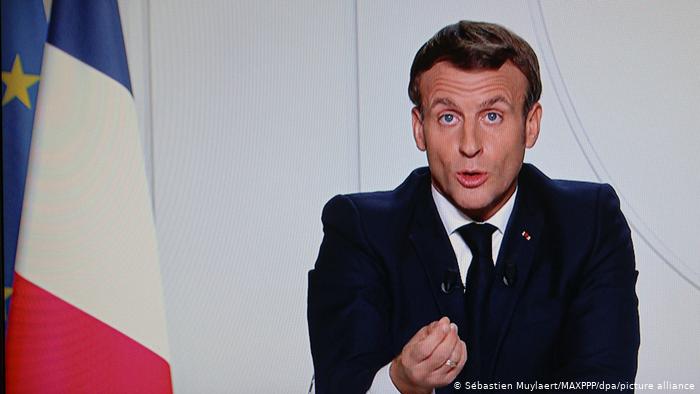Before I moved to France in May 2019, everyone said, “In a year you’ll be fluent!” It is now August 2021, and I’m not talking pretty yet. I have good days, when I’m able to string together three or four sentences, and I can say “Beh oui!” and shrug and roll out my lip comme un pro, but I’m not even fluent-adjacent. You could say I’m conversational, if the conversation is with a friendly dog.
I took six years of French in junior high and high school. I do an hour of Babbel most mornings, and subscribe to Kwizbot, a program run by a sadistic AI who only quizzes you on the parts of the language at which you completely suck. I stream French TV, and watch American shows with French subtitles. I listen to France Info when I cook. Multiple French friends have told me the radio station is crap, and the journalism questionable, but I don’t care. The reality of language acquisition is that comprehension trumps content every time. President Macron, par example, is not particularly beloved. Bloomberg News reported in March that his popularity rate has fallen to 37%. I would not be one of the dissatisfied. I love President Macron. I can understand his slow talking speechifying (some might call his style insufferably pompous), and therefore I love him.

The moment comes where you feel like you’ve got some vocabulary under your belt, are adept at conjugating verbs in the present tense, and have learned the trick of sticking a time marker on the front end of every sentence. “Tomorrow, I go to the store.” (No future tense required); similarly, “Last week, I go to the store.” (Passe compose? Pshaw!) In all likelihood, you can now also translate a sentence from French into English in your head. If, like me, you decide to show off this skill during your French lesson, your teacher will inevitably say, “Yes, that’s correct, but no French person would ever say that.”
We take weekly lessons from an Irish woman who lives in the next village. She has lived in France for most of her adult life, and is married to a Frenchman. People wonder if it wouldn’t be better to study with a French person, but a French person doesn’t understand the trials of a native English speaker.
English is a concise, no-nonsense language, while the point of speaking French is to say as many words as possible without getting to the point. We spent one whole month on small talk. When you run into someone you know on the street, not only must you always greet them with Bonjour, you must ask them how they are, and then discuss the weather, the recent Pétanque match, the new shipment of wine at the co-op, the recent acquisition of footballer Leo Messi by Paris Saint Germain, and any potential transportation strikes on the horizon.
En fait, that magic one-year mark is about the time you realize you will never speak French the way the French speak French, because nothing will erase those years of AP English where it was drilled into your skull that the active voice is king. The French could care less about the active voice. The active voice is not king, nor any other royalty. They view the active voice as somewhat aggressive. The American who walks into a bureaucrat’s office and says “I need to speak to the manager” is the American who will never speak to the manager, or to anyone else in the office who can help him. (The French approach: “Bonjour, Madame. There seems to be a problem that has befallen me and I’m hoping a solution might be found with the guidance of someone with knowledge of this type of problem, s’il vous plait.)
Around the same time, you realize you’ll never speak French unless you’re willing to make one million mistakes (and that’s just during a long evening meal). If there’s anything that will cure you of your perfectionist tendencies, it’s attempting to speak a foreign language as an adult. It’s not what you might think: the French will correct you, but they tend to weigh their options. They approve of your effort to speak their beautiful language, and thus are often hesitant to butt into your discourse about the weather to correct your verb tense. Non-native French speakers, however, are much stricter and critical. They’re eager to display their own fluency, and because when they were learning to speak French they were also mercilessly corrected by other non-native French speakers, they feel compelled to torture you as well.

There is, however, an excellent French language hack, offered to you by me with pleasure: commit to memory the phrase marée basse. The literal translation is low tide, and is something the clever apéro guest says to the host to indicate her wine glass is empty. The advantage to this is two-fold: you will charm your French host with your knowledge of French slang, and you will get drunk enough so that no one will blame you for failing to speak French. Voila!









As someone with two years of French in high school and 2 in college, who has used Rosetta Stone, Coffee Break French, Duolingo and working for a 2nd time through Pimsleur, I so appreciated this post. I live in Southern California where it would be much easier if I wanted to learn Spanish. Learning that even living there it’s still tough, I will not be so hard on myself. Thank you for the slang advice that brings with it more wine!